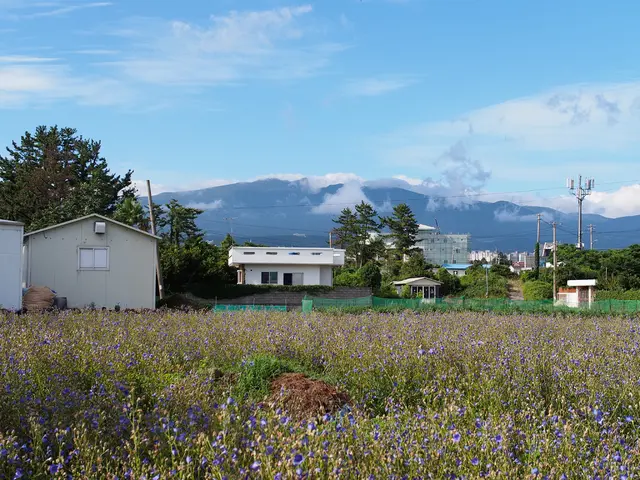Pakistan currently holds an excess of gas supply, according to Motiwala, due to a drop in demand.
Tired of constantly battling gas shortages? So is Pakistan. But now, the tables have turned, and the country is swimming in an unexpected sea of gas excess. And it's not because they struck gold, but rather because industries and households have drastically reduced their consumption due to skyrocketing prices, according to industrial powerhouse and former Karachi Chamber of Commerce and Industry (KCCI) President, Zubair Motiwala.
In a candid interview with Business Recorder, Motiwala let the cat out of the bag. The nationwide gas surplus isn't the result of new discoveries or booming production. Instead, it's a domino effect of gas prices skyrocketing after an IMF-prompted increase.
Industries, especially those in the captive power sector, are taking a significant hit. The price for industrial consumers has climbed to a staggering Rs4,200 per mmbtu in recent years, making this dear fuel out of reach for many.
It's not just the industrial sector feeling the squeeze. Consumer households also find themselves at the brunt of this shift, compelled to cut their gas consumption and turn to cheaper alternatives.
It's not all doom and gloom, though. While the demand for gas has plummeted, Pakistan's local production and long-standing LNG import infrastructure represent a substantial capacity of around 3,000 mmcfd and 1,200 mmcfd respectively. Unfortunately, with the drop in demand, this capacity is being woefully underutilized.
The pressure to act has never been higher. Motiwala and other business leaders have spoken up, raising these concerns with government authorities, including the Oil and Gas Regulatory Authority (OGRA), fearing that the trend will drive industries away from natural gas entirely. But don't expect the typical energy woes faced by households to disappear anytime soon. Despite the surplus, gas utilities still impose load-shedding, prioritizing industrial and commercial use over residential consumption.
Meanwhile, veteran businessman and stockbroker, Arif Habib, echoes Motiwala's sentiments, stating that while gas availability is no longer the issue, it's the pricing that's wreaking havoc on the industry. The price gap between local gas and imported RLNG has narrowed, pushing industrial rates to unsustainable levels.
Time will tell whether these concerns will be addressed, and whether industries will find a way to survive and prosper in the face of these soaring costs. But for now, it's a different kind of gas shortage that's plaguing Pakistan—a shortage of affordable, accessible energy for all.
- The surge in gas prices, prompted by the IMF, has led to a significant decrease in demand for gas in Pakistan's industries and households, causing a nationwide gas surplus.
- In Karachi, former President of the Karachi Chamber of Commerce and Industry (KCCI), Zubair Motiwala, has highlighted that this gas surplus isn't due to new discoveries or increased production, but rather a drop in consumption caused by high prices.
- Arif Habib, a veteran businessman and stockbroker, agrees with Motiwala's assessment, suggesting that although gas availability is no longer the issue, the pricing is the main concern wreaking havoc on the industry.
- Despite Pakistan having a substantial capacity for local gas production and LNG import, around 3,000 mmcfd and 1,200 mmcfd respectively, the drop in demand is resulting in the underutilization of this capacity.








